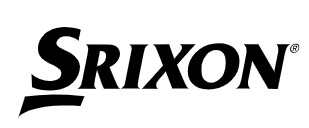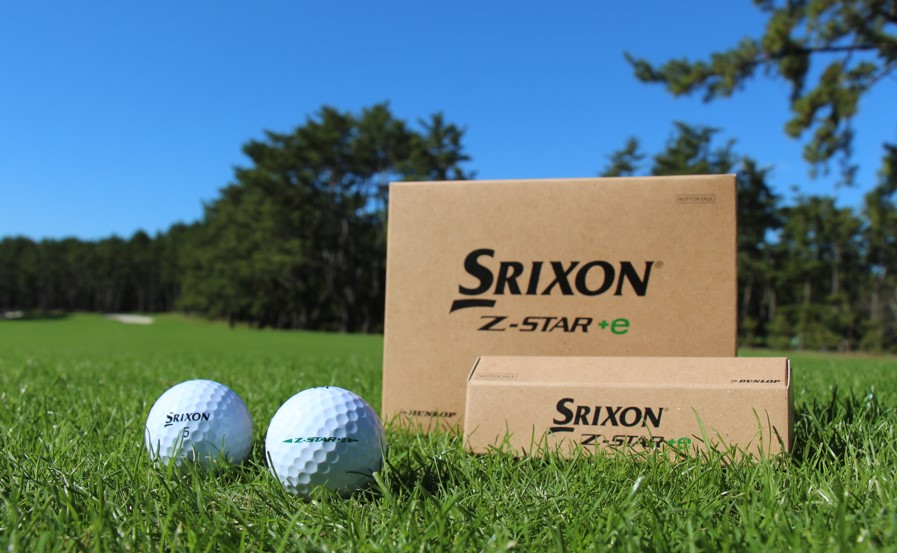SRIXON, a global leader in golf ball technology and innovation, is making big strides in its goal to becoming a completely sustainable company by 2050, with a clear timeline of eco-friendly initiatives set in place across all its operations.
As part of its environmental efforts, the Sumitomo Rubber Group which owns Srixon, Cleveland Golf and XXIO is working to “Reduce CO2 Emissions,” “Increase the Use of Biomass & Recycled Raw Materials” and “Develop Sustainable Products” throughout its golf and wider tire and sports businesses.
“Sustainability has always been at the core of everything we do and now we are simply enhancing these measures so we can play a more responsible role in protecting the future of our planet,” said Lionel Caron, Chief Operating Officer of Srixon Sports Europe.
“Already we have drastically reduced plastic usage on all packaging and our manufacturing facilities at Ichijima and Miyazaki in Japan have been achieving zero emissions since 2005, with our long-term goal to be completely carbon neutral by 2050.”
Srixon leads the way in pioneering sustainable golf ball technology with Z-STAR+e
At last year’s Dunlop Phoenix Tournament Srixon showcased Z-STAR+e, an environmentally conscious golf ball concept (not for sale) incorporating biomass-based materials in selected parts while maintaining the exceptional standards of the existing Z-STAR model. The outer layer of the new SRIXON Z-STAR golf ball contains urethane derived from biopolyol extracted from corn. The material reduces carbon dioxide emissions during the manufacturing process when compared to conventional petroleum-based materials.
Based on the expected global sales volume, we can expect the reduction of carbon dioxide emissions by approximately 30.7 tons by using this material (equivalent to 3.1 million of plastic bottles (calculated by 500ml bottle which is the most popular size in Japan).
“Designing a new golf ball – especially a Z-STAR, which is the model played by our professionals – using bio-sourced materials is a technological feat and a symbol that our group is committed to its role as a market leader, not only from a performance perspective, but also in terms of sustainability,” added Caron.
Creating Internal Standards for Sustainable Products
The Sumitomo Rubber Group has established its own “Internal Standards for Sustainable Products,” accounting for CO2 emissions as well as the biomass content and recycled content of product raw materials and so forth.
Caron notes, “We are currently in the process of rolling out these standards throughout our Tire Business, Sports Business and Industrial Products Business. By increasing sales of products that fulfill these internal standards, we hope to contribute to the realisation of a circular economy.
“Our Sports Business is also actively engaged in efforts to make carbon neutral golf balls and tennis balls a reality. Our Golf Business has set targets to raise the sustainable raw material content of all practice golf balls sold to 20% by 2030 and to complete the transition to 100% sustainable raw materials in all golf balls sold by 2050.”
Efforts to Reduce Plastic Usage
As plastic waste has become an increasingly serious social issue in recent years, the Sumitomo Rubber Group is now working to reduce its usage of plastic.
Today, many of its products use plastic. However, as part of our overall efforts to reduce CO2 emissions, it is currently in the process of gradually reducing the amount of petroleum-based plastic that it uses for tire labels, packaging and so forth with a target of reducing its total global plastic usage by 40% compared with 2019 levels by the year 2030.
Sustainability Activities in the Sports Business—Plastic Reduction Initiatives
Under the Long-Term Sustainability Policy: “Driving Our Future Challenge 2050,” the Sports Business is moving forward with a 50% reduction in the amount of plastic used for product packaging and other materials by 2030 compared to the 2019 level.
For golf balls released since Autumn 2021 and thereafter, window film on packaging is being phased out and silver foil will be removed from 2024 models onwards. The brand’s beanie packaging is also now made of FSC. FSC mix is not 100% recycled material, but a mix of recycled and FSC controlled wood sources.
Click the link to view the video: Srixon Sports Europe Sustainability efforts and plans
For more information on the latest Srixon products visit eu.dunlopsports.com/srixon


